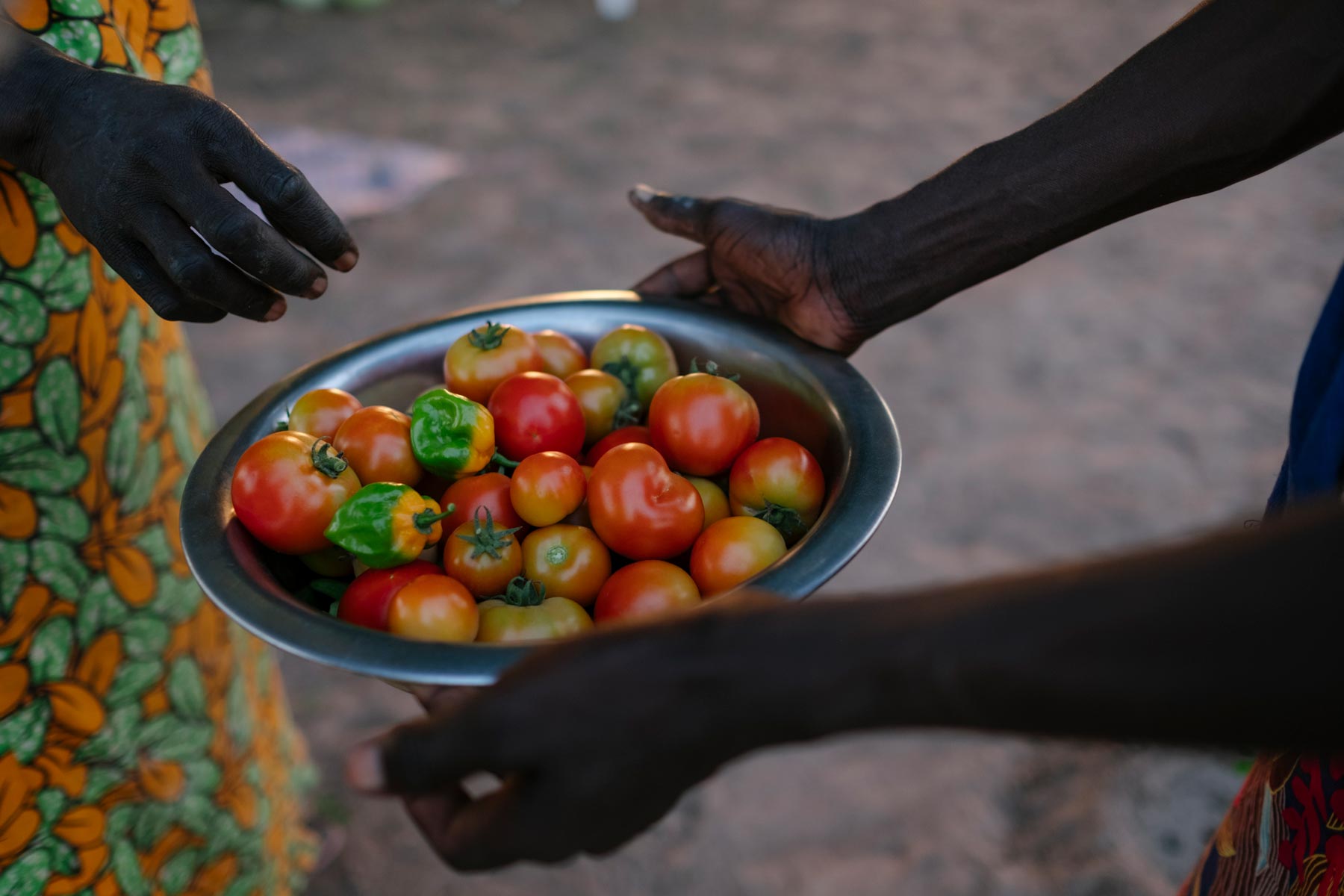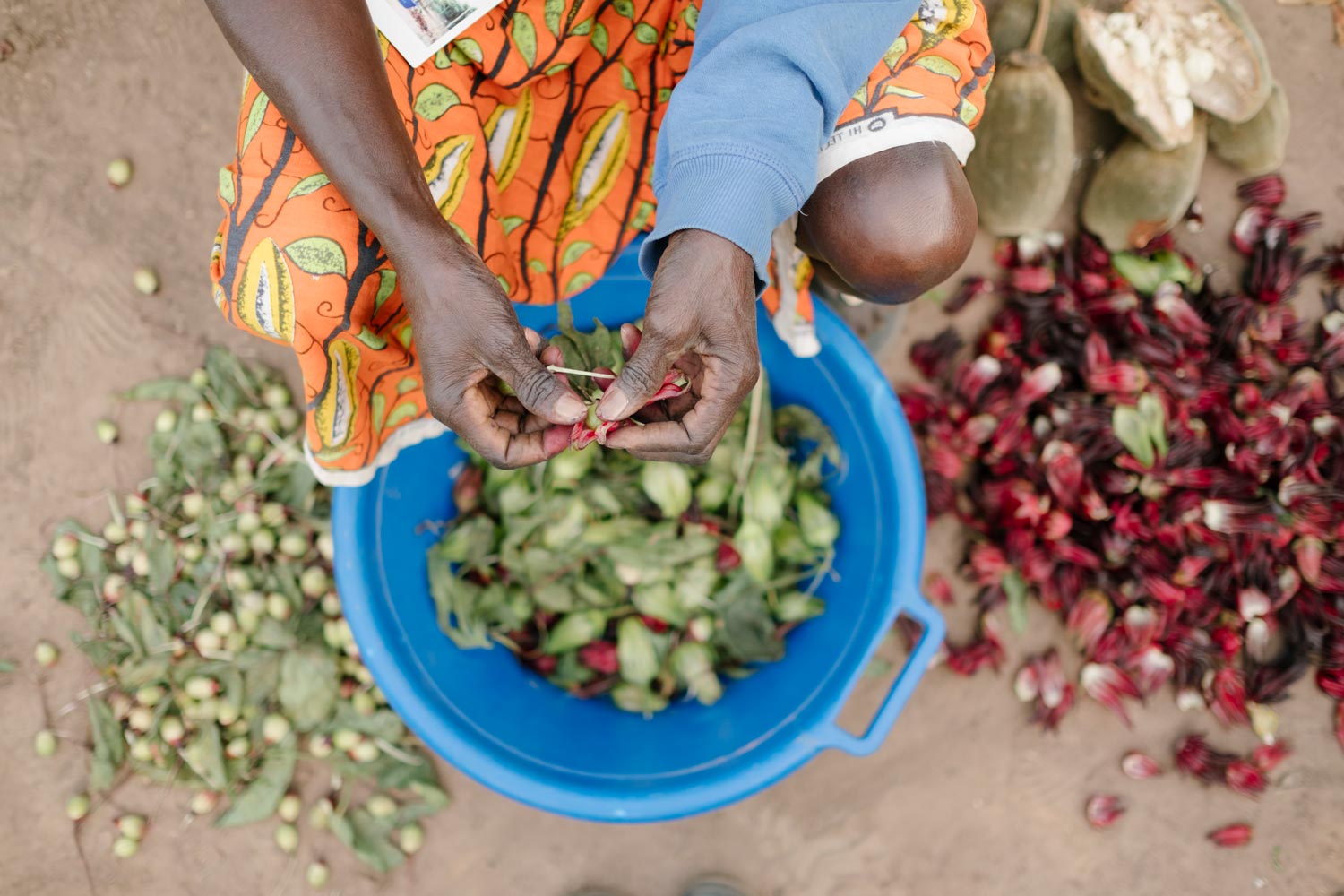A world without climate change would not just be a safer, healthier, and more beautiful place. It would also be more just. Currently, those who are least responsible for the climate crisis bear the brunt of its consequences. Industrialized countries, on the other hand, have the resources to adapt to the new climatic reality — resources they’ve acquired by using (and misusing) our planet’s natural resources.

Climate change in Senegal
In Senegal, meanwhile, farming communities are facing unprecedented heat and drought due to climate change. Their farms mostly consist of corn and peanut monocultures. Monocultures are a colonial introduction – another injustice – and depend on toxic pesticides and fertilizers. They deplete the soil, and are not well equipped to withstand Senegal’s current climate. When the crop fails, there’s no harvest at all.
How trees address climate justice
Planting trees helps. They don’t just tackle the climate crisis by removing CO2 from the air — Ecosia’s trees capture several thousand tonnes of CO2 every day. But they also help communities adapt to the effects of climate change.
In Senegal, we’re helping farmers grow forest gardens — the opposite of monocultures. In a forest garden, up to 4,000 trees – each playing a specific role – grow alongside a great variety of fruits and vegetables. They create a protective microclimate, provide shade and moisture in the dry season, and protect the crops from the wind and animals.
Forest gardens produce more, more diverse, and healthier food than monocultures. They also increase people's income by a staggering average of 400%. This additional income helps families cover essentials such as school fees and medical bills. Crucially, families are now able to produce and sell food year-round, even in the dry season.
Malnutrition plummets as a result. Our local partner, Trees for the Future, asked Senegalese farmers if their family ever goes hungry. 37% of farmers who have a monoculture answered yes. Those who've had a forest garden for four years all answered no.

Thank you for planting
The trees you help us plant tackle climate change, help local communities adapt to its consequences, and address a destructive colonial legacy. Watch the video above to see how a forest garden has changed one family’s future. And thank you for making this part of the world safer, healthier, and more just.
